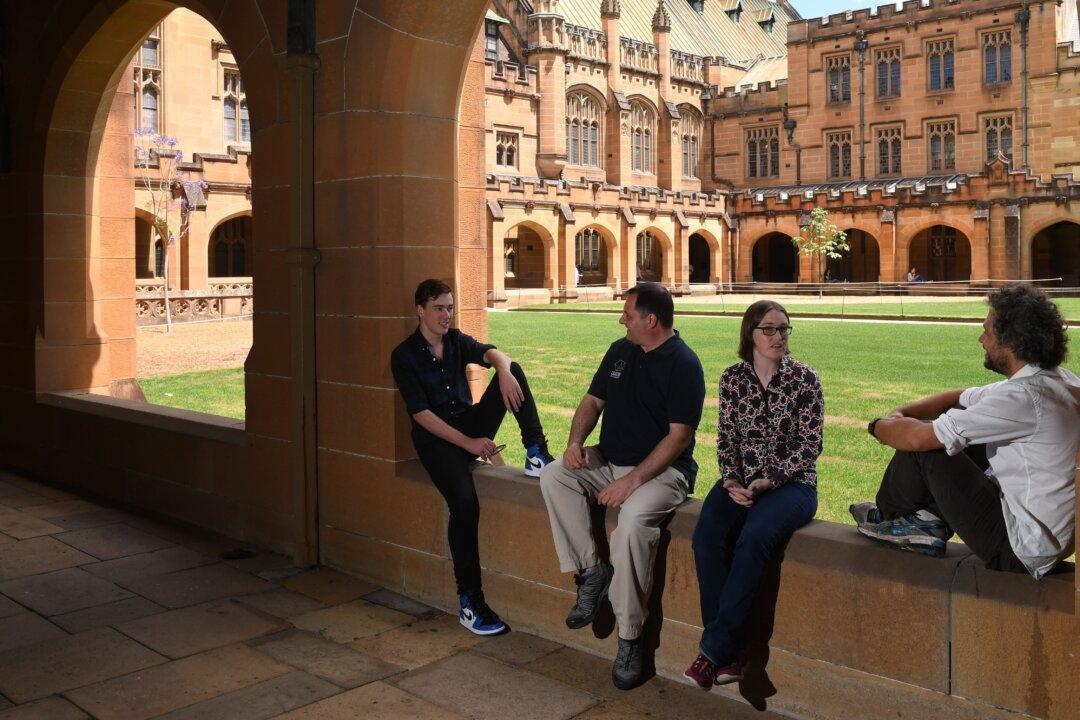In January 2010, we were losing the war in Afghanistan. We needed a new strategy. The entire coalition, including Special Forces, had been working to project power out into the most rural areas, but we needed an approach that would put our Green Berets back into the villages, living and working among the local populations.
It was a major pivot, almost a decade into the war, but it was a pivot that had to be made. We noticed the change in our arena, took stock of it, and pivoted into a strategy called “Village Stability Operations.”
It was an inflection point in a long journey, but it was our attunement to change that allowed us to make that critical pivot.
There’s nothing unique about what I just described. Yes, we were in combat, but having the mindset of noticing what’s happening in your arena and making adjustments based on that change is a universal singular. That’s something that all leaders from all walks of life have to do. In special operations, we have imperatives. These are the guidelines that move us through complexity, crisis, and ambiguity; the same things that you’re facing now in thick of this pandemic.
The No. 1 imperative that we live by is understanding our operational environment. In other words, it’s the mindset of paying attention to your arena, and continually asking yourself, “What has changed?”
Once re-attuned to our arena, we have to continue to navigate the human terrain toward our goals. Whether it’s rural Afghanistan or Main Street America, you have to understand that the way we get through rough times is through human connection. Humans are meaning-seeking, emotional, social creatures. The organizations that stay connected in these tough times are the ones that will come out more relevant on the other side. They’re the ones that will make the right pivots and redefine themselves organizationally, to not just survive, but thrive in spite of change.
Human connection makes you the most relevant, but how do you maintain that mindset that values re-attunement and human connection in spite of this new environment? Start by asking yourself some questions. What is the new time horizon that you’re in right now? It’s not the same as it was when this pandemic first began. There was a 10-week period of pure crisis management; it was chaos. The arena is different. With that in mind, what happened over the last nine weeks? We went through crisis, anxiety, people got sick, and human beings, as a whole, went through a lot. Your employees changed, your clients changed, and you changed.
Everyone has gone through a testing period, and we’ve come out different, changed. We have to ask ourselves, how has the human terrain changed? How has this changed you and the relevant people in your life? How has it changed your clients? How has it changed your associates?
What’s happening right now? Take stock of it, write it down, get it on the whiteboard with your team, and sort out the facts that are known, and the assumptions that you need to make. That will allow you to continue planning and moving forward. Then, what are the opportunities and pitfalls? What are the opportunities based on where we’ve been and what is happening right now? What are the pitfalls that can trip you up and block those opportunities?
Go back and review your goals. What is the vision? Is it still relevant like it was 10 weeks ago? Get clear on that vision and ask, “What can I control and what can I not control?” We have to continually re-attune when our environment changes. Where is your organization going? Include your team on this. What’s your purpose? Where do you want to be right now through Labor Day and beyond? It’s important that we define those questions, because as Simon Sinek says, people buy why you do it, not what you do—especially during times of crisis.
There’s a whole host of new challenges that we’re facing, both locally and globally, and we must adopt the right mindset and start asking these questions. This will be the baseline of what you build, going into this new time horizon of human connections, in spite of the new normal. Most of your competitors won’t do this. They'll keep reacting to their arena in real-time and not re-attuning. This is a serious competitive advantage for you.
It’s the mindset of human connection, not social distancing, that is going to get us through this new arena, and it’s you that’s going to lead us out of it. Remember: fear is contagious, but so is leadership.
Scott Mann is a former Green Beret who specialized in unconventional, high-impact missions and relationship building. He’s the founder of Rooftop Leadership and appears frequently on TV and many syndicated radio programs. For more information, visit RooftopLeadership.com





